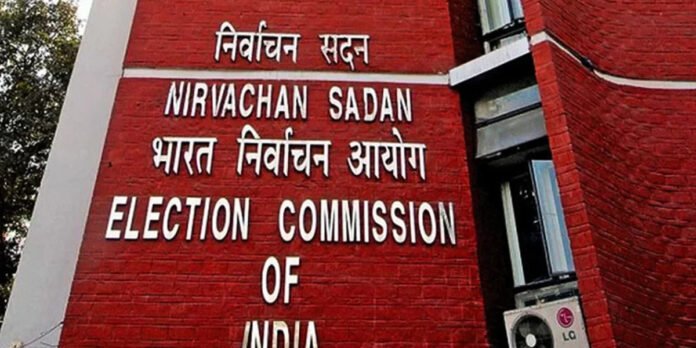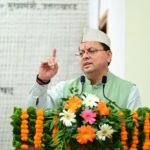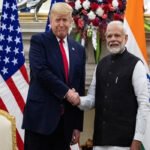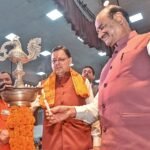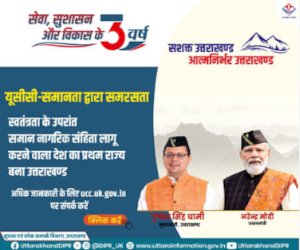In a startling revelation, the Bihar Election Commission has identified nearly 6.5 million missing names during its special revision of electoral rolls. The discovery comes after the Supreme Court’s directive earlier this year, which ordered states to conduct thorough checks to ensure voter inclusivity and accuracy ahead of upcoming elections.
Supreme Court’s Intervention
The apex court, responding to petitions on large-scale irregularities in voter lists across multiple states, had mandated a comprehensive verification drive. Bihar’s findings now stand out as one of the largest reported cases of voter exclusion in recent years, raising concerns about systemic flaws in electoral record management.
Scale of Exclusion
According to officials, the missing names were spread across several districts, cutting across urban and rural constituencies. Many of the affected voters reportedly included migrant workers, first-time voters, and individuals from marginalised communities. Authorities stressed that these discrepancies may have stemmed from outdated records, poor migration tracking, and clerical errors during past revisions.
Corrective Measures Underway
Election authorities have assured that the missing names will be re-examined and corrected before final rolls are published. Booth-level officers have been directed to conduct door-to-door verification drives, while grievance counters are being set up in district offices to help affected citizens re-register.
A senior official noted, “Our priority is to ensure that no eligible voter is left out. The revised lists are being cross-checked with Aadhaar and ration card databases to eliminate duplication while restoring genuine entries.”
Political and Public Reactions
Opposition parties have seized upon the development, alleging negligence and raising fears of deliberate disenfranchisement. The ruling coalition in the state, however, has emphasised that the correction exercise demonstrates transparency and a commitment to fair elections. Civil society groups have also urged authorities to take urgent steps to protect voter rights, especially in regions with historically low turnout.
The revelation of 6.5 million missing voters in Bihar has once again spotlighted the challenges of maintaining accurate electoral rolls in a vast and mobile democracy like India. As corrective steps gather pace, the outcome of the revision exercise will be critical in shaping public trust in the electoral process ahead of the next polls.


